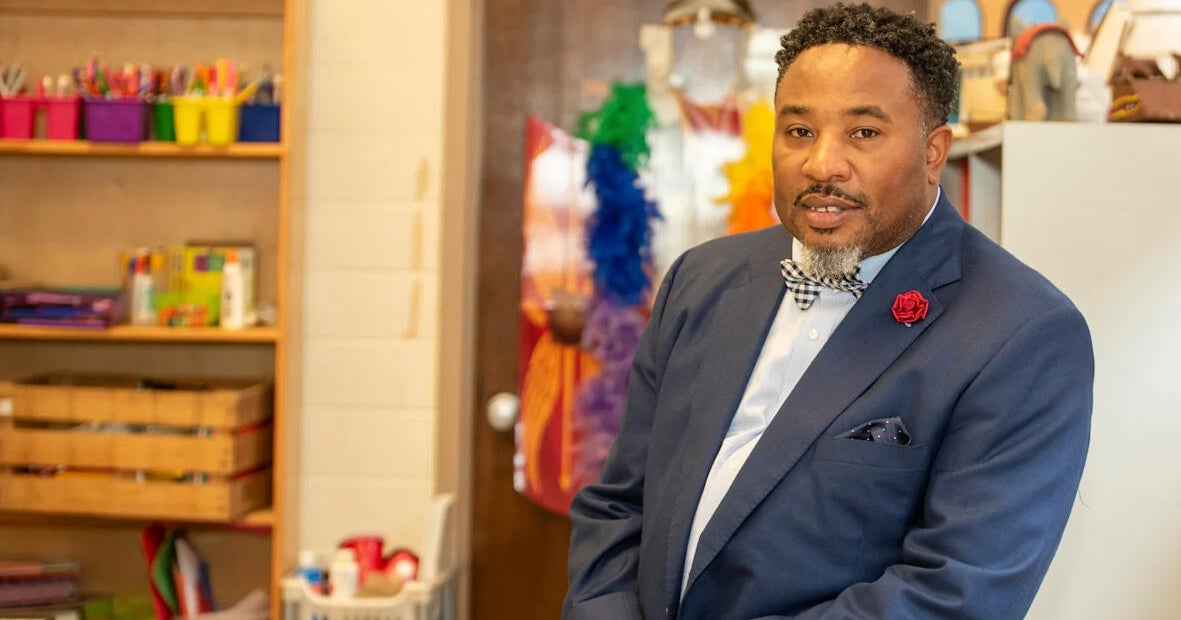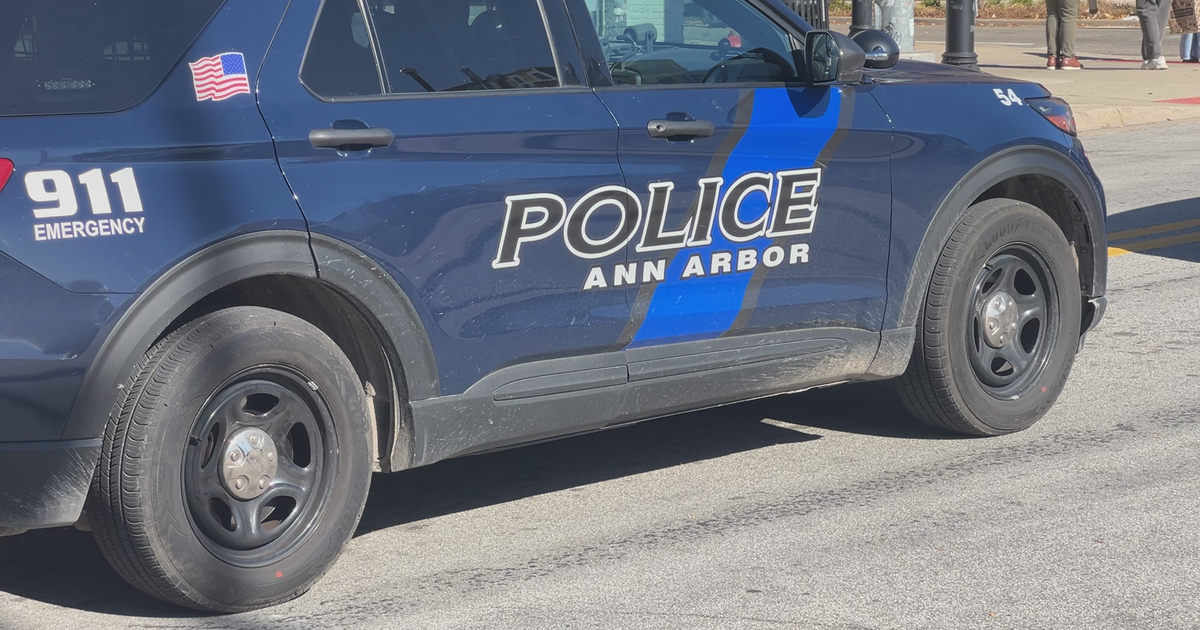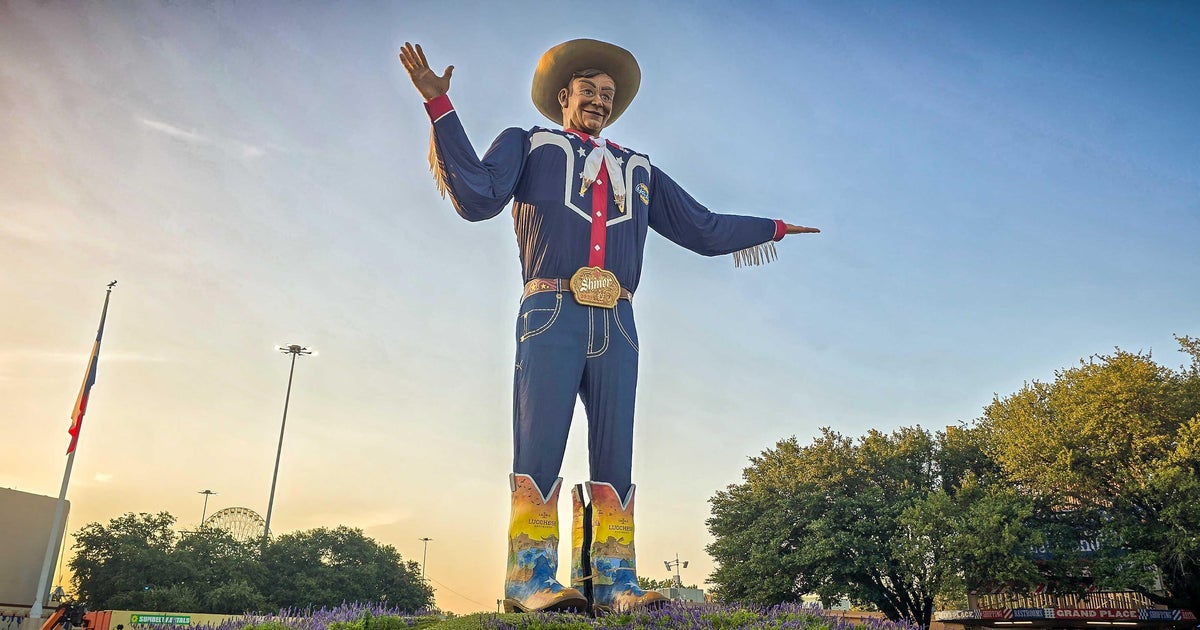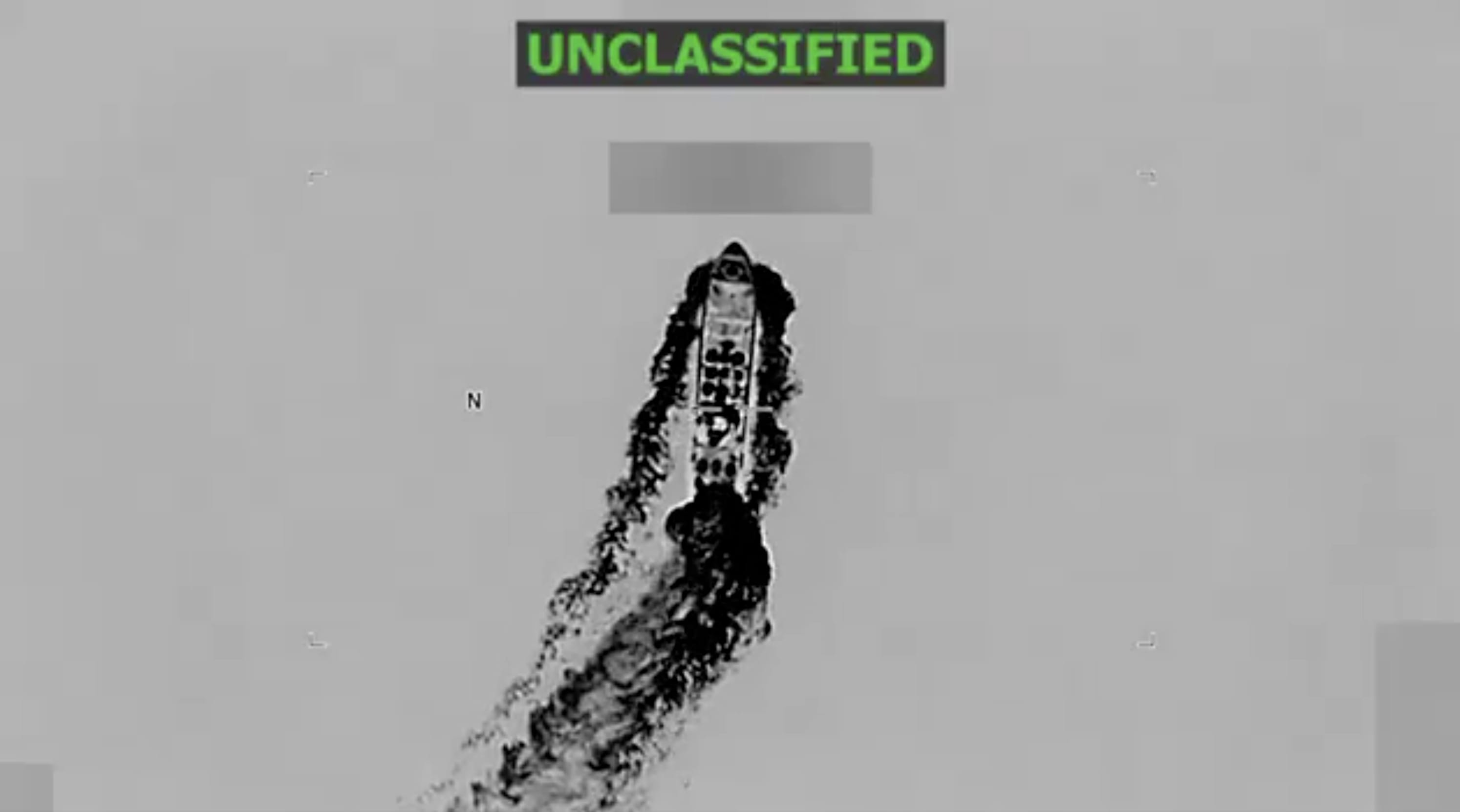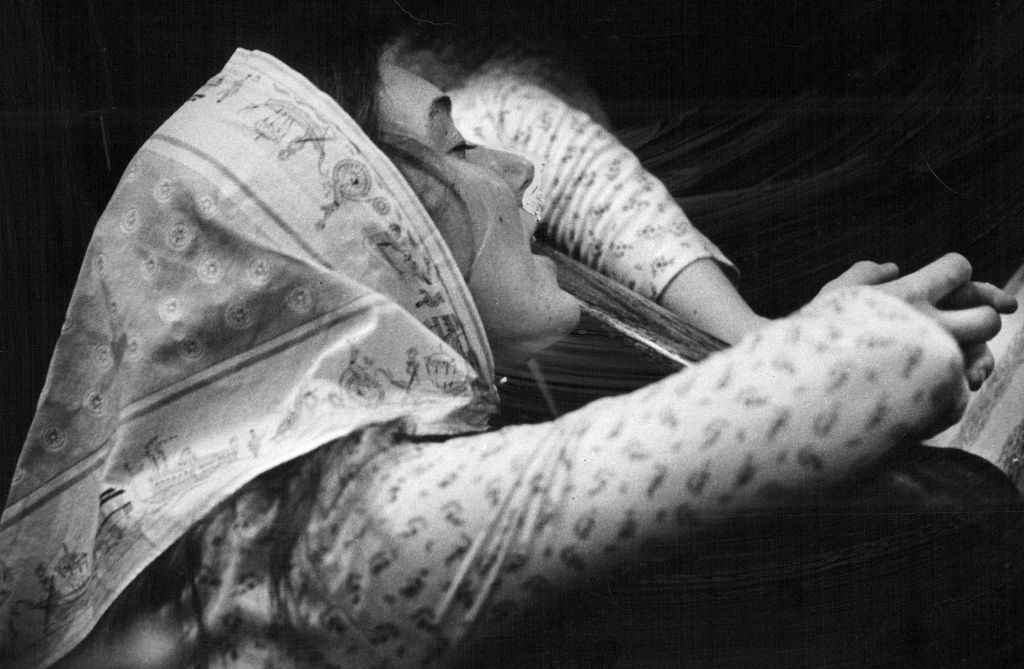British Virgin Islands Premier Andrew Fahie heard saying "not my first rodeo" in U.S. drug sting recording
The premier of the British Virgin Island, whom U.S. prosecutors described as "corrupt to the core," was given a $500,000 bond that could see him released from prison as he awaits trial on charges tied to a U.S. narcotics sting. In a surprise decision, federal court Judge Alicia Otazo-Reyes rejected prosecutors' argument that Andrew Fahie may flee the U.S. and possibly engage in criminal activity if he is freed.
Instead, she said he could remain in Miami, confined to the rented apartment of his two college-age daughters, if he and his family surrender their passports and he wears an ankle bracelet monitor in addition to paying the sizable corporate surety bond.
Assistant U.S. Attorney Frederic Shadley said the government would appeal the decision, meaning it's unclear when and if Fahie would be released.
Fahie, 51, was arrested last week at a Miami airport during a U.S. Drug Enforcement Administration sting after being given what looked like $700,000 in cash, but what was in reality fake bill notes, that were to be flown back on a private jet to the British Virgin Islands on Fahie's behalf. Also arrested was his ports director, Oleanvine Maynard.
CBS Miami reported that In the criminal complaint, Maynard refers to Fahie as a "little crook sometimes" who wouldn't hesitate to profit from a plan cooked up with the help of self-proclaimed Lebanese Hezbollah operatives to move mass quantities of cocaine and drug proceeds through the Caribbean island.
Fahie stood handcuffed shaking his head in disagreement as Shadley described in court how the politician had bragged in recorded conversations with a DEA informant that he had 15-20 years of criminal activity under his belt.
"Oh, no no no, not my first rodeo at all, NOT, MY FIRST RODEO, AT ALL," Fahie can be heard laughing in the recording, according to a government filing prior to Wednesday's bond hearing.
Posing as a member of Mexico's Sinaloa cartel, a DEA informant met on several occasions with Fahie, Maynard and Maynard's son to discuss a deal that would send thousands of kilograms of cocaine from Colombia through the British Virgin Islands and on to Puerto Rico, Miami and New York, according to the complaint.
In exchange for bribes and 10% - or about $7.8 million - for each 3,000-kilogram (6,600-pound) load of cocaine sold in Miami, Fahie and his co-defendants allegedly agreed to provide safe passage for the drug shipments and create a network of shell companies to launder the proceeds.
"So, this is the full seven?" Fahie allegedly asked the DEA informant who accompanied him to the Miami airport where he was arrested.
According to the criminal complaint, Fahie told the DEA informant that he was close to a known drug smuggler on the Caribbean island as well as an unidentified political associate from Senegal whom he agreed to approach about smuggling firearms. In the course of those conversations, he asked the DEA informant to pay upward of $100,000 to settle a debt with the Senegalese man, the complaint says.
"He's shown in this case that he's corrupt to the core and believes he's above the law," Shadley said. "He was a public servant sworn to uphold those laws but he broke them over and over again."
Fahie's attorney, Theresa Van Vliet, disputed that characterization and said her client would plead not guilty when he's arraigned later this month.
She asserted that because the British Virgin Islands are a British overseas territory, U.S. courts have no jurisdiction over Fahie.
To back up the assertion, she entered as evidence what she called a "diplomatic note," signed by an unidentified official from the premier's office in Road Town requesting his "immediate and unconditional release." The request was sent to the Justice Department's office of international affairs.
Fahie's former allies appear to have disavowed the letter, however.
In a brief announcement Wednesday, acting Premier Natalio Wheatley said the letter was sent erroneously by a "rogue" official, and did not reflect the government's position.
Van Vliet also presented copies of correspondence showing that the premier's office had asked Miami International Airport to provide protocolar assistance to Fahie and his wife when they traveled to the U.S. on April 24 for "official business."
Prior to arriving in Miami, Fahie was scheduled to travel to Barbados to attend a banking conference alongside Rep. Maxine Waters, chairwoman of the U.S. House Financial Services Committee, and other unidentified members of Congress, according to the correspondence.
While Judge Otazo-Reyes sidestepped the immunity issue, she seemed convinced by Van Vliet's argument that Fahie's continued detention would make it impossible for him to carry out his official duties at a critical juncture for the islands, as officials weigh suspending the territory's constitution in an attempt to clean up rampant corruption.
"These are the most serious of duties that he could and should be performing," said Van Vliet, the former head of the Justice Department's narcotics division in Washington.
Even before his arrest, Fahie was under pressure from a special United Kingdom-led commission of inquiry investigating corruption on the string of islands east of Puerto Rico home to about 35,000 people.
Gov. John Rankin, who is Queen Elizabeth II's representative to the islands and its ultimate executive authority, said the arrests prompted him to release - earlier than originally intended - the commission's report, which concluded that officials, including allies of the premier, fraudulently spent millions of dollars on projects of no public benefit.
In a bid to clean up the government, the commission recommended suspending the islands' constitution for two years and returning the territory to home rule by officials in London.
In an address over the weekend, Wheatley said he wants to avoid direct rule by Britain but supports working swiftly with Rankin and opposition lawmakers in the islands to address concerns about good governance.
"Direct rule is not an acceptable option to us," Wheatley said. He said it "would undermine all the progress that our people have made over generations" since 1950, when a local legislative body was launched.
If convicted, Fahie faces a minimum of nearly 20 years in prison.
"Anyone involved with bringing dangerous drugs into the United States will be held accountable, no matter their position," DEA Administrator Anne Milgram said.

